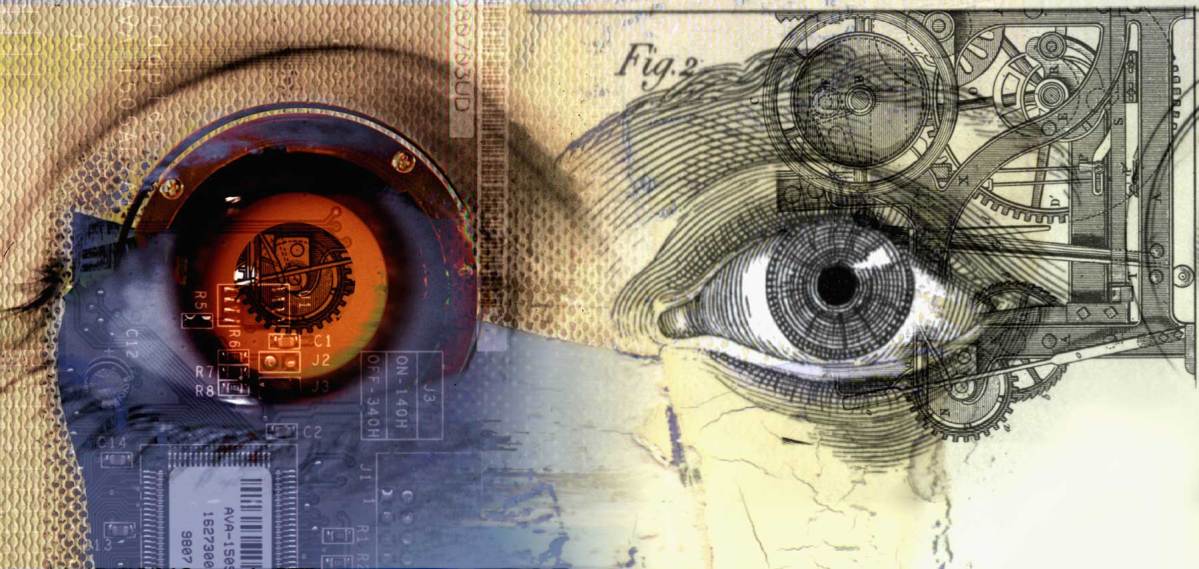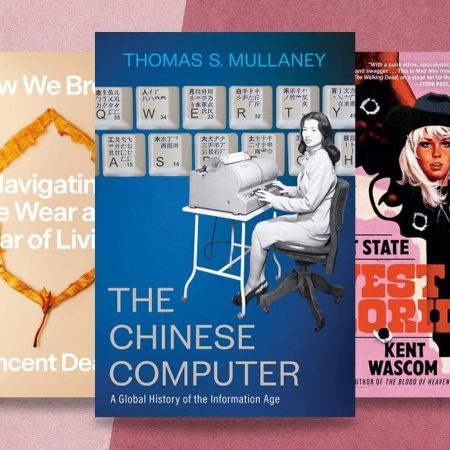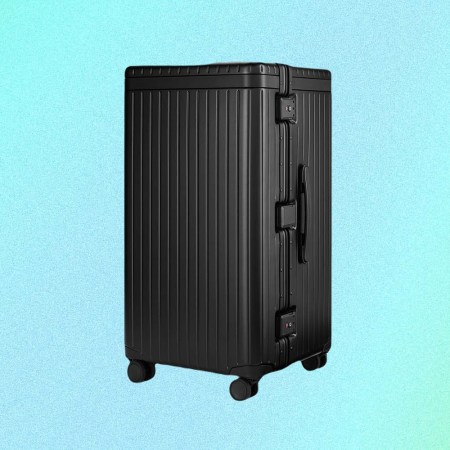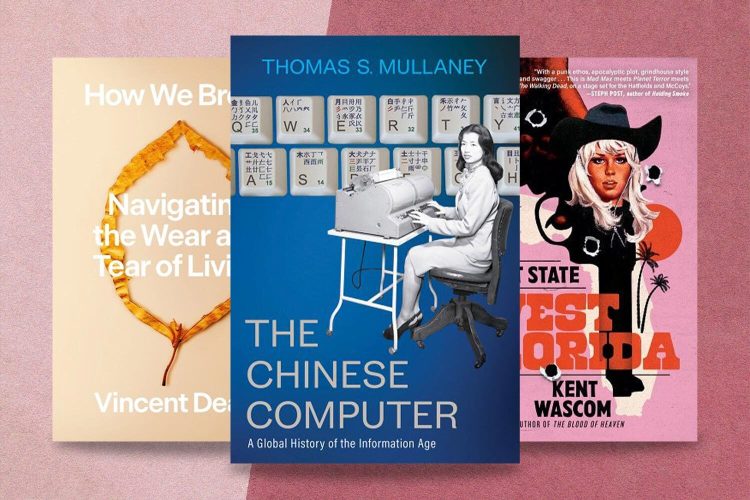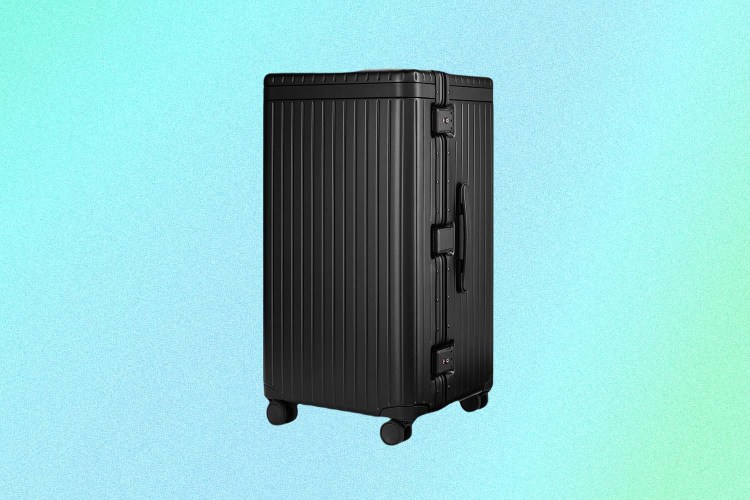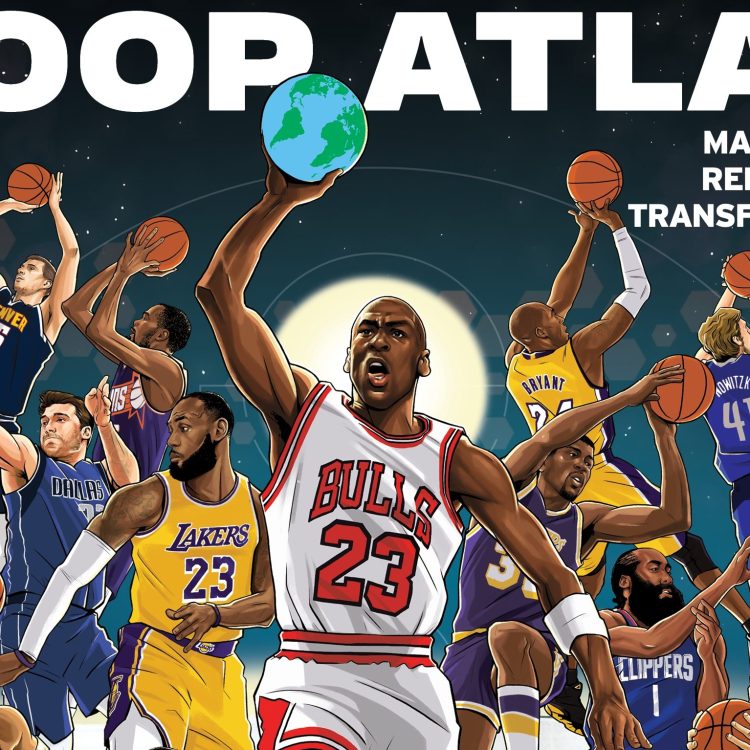In Silicon Valley, America’s playground for the rich and brilliant, there’s a different kind of engineering in vogue: A pursuit of human perfection that’s called “biohacking.”
It’s a do-it-yourself approach to personal health and enhancement with “hacks” for just about everything, from losing weight and getting smarter to cheating death. The popular Bulletproof Diet is an example of an eating hack, as is the growing trend of intermittent fasting. Some exercise hacks include interval training regimens such as Crossfit; others include using specific tools like whole body vibration plates or electrical stimulation. Other interventions range from fairly normal pursuits like instilling proper sleeping habits and meditation; some less conventional habits include cryotherapy or sessions spent inside sensory deprivation tanks.
Whether or not all of these biohacks actually work is up for debate. The most serious biohackers are focused on methods that produce measurable results. It’s a concept known as the “quantified self,” which can involve wearing a biomedical device or analyzing samples of blood and urine. It may certainly sound strange to the non-converted, but for biohackers, its all a means to an end: Efficiently helping the human body improve itself.
“I would describe it as a populist revolution within healthcare,” Geoffrey Woo tells RealClearLife. He’s the CEO and co-founder of a Nootrobox, a company that sells brain-boosting supplements called nootropics. That makes Woo something of an evangelist when it comes to biohacking. “It’s not just people looking to enhance themselves,” he explained. “It’s about healthy people becoming more efficient, more productive, smarter.”
Like other converts, Woo believes that healthcare in America in this country is broken. He’s has a point, too. Americans spent the most money per person on healthcare ($9,237) in the world, but the nation ranks 81st in the quality of care overall. The Nootrobox CEO thinks the biohacking movement was born out of frustration with American healthcare combined with the growing need to work longer hours and with more efficiency.
Instead of a yearly check-up with a doctor, biohackers self-monitor their health or performance by experimenting and testing themselves. “Up until now, enhancing performance has been much more of an intuitive art, but now we finally have the opportunity to make it quantified in science,” Woo said.
When customers order from Nootrobox, they’re encouraged to try out the “Biohacker Challenge.” It’s a 90-day experiment during which they monitor their own biometrics, from bloodwork to computer productivity, using tools like “alpha testing software” or continuous glucose monitors. The regimen includes taking Nootrobox’s smart drugs and 36-hour fasts, both of which are supposed make participants think better and more clearly.
But, it’s not necessarily just about getting customers to purchase more product.
Woo and his co-workers follow a similar regiment in the office, which has spiraled into an online community called “WeFast” that brings together intermittent fasters across the country. “You don’t need to believe in Eastern Medicine,” the CEO explained. “You just show it in the data.” There’s even some research to suggest the fasting improve physical performance and reduces the risk of neurodegenerative diseases.
Much of this research is done by Mark Mattson and his colleagues at the National Institutes on Aging. As chief of the Laboratory of Neurosciences, Mattson led studies that found alternate-day fasting diets for rats and mice increased their lifespan by 30 to 40 percent. “There’s a lot going on actually that makes the cells function better and be more resistant to stress and disease,” Mattson told RealClearLife.
When humans are in a fasting state, the traditional energy source, glycogen, is used up and the body starts to produce ketones, which help protect neurons in the brain and may even boost neuroplasticity. Mattson believes this reaction is a gift from our ancestors. Back when humans were hunters and gatherers, there wasn’t an abundance of available food the way there is today. Humans wouldn’t survive if their brains or their bodies didn’t perform well when they were hungry. The idea is that our bodies are still wired the same way—even in a time period in which we have a McDonalds on almost every block.
Fasting carries connotations of being completely starved, but modern acolytes do it in a regimented way. Some go for 36 hours at a time, only drinking water or coffee. Others opt for the 5:2 method, which is two days of eating under 200 calories. Eating less to lengthen one’s lifespan isn’t an entirely foreign idea—its the premise of any diet, really.
Yet, there’s another technique that is may even more strange than fasting as an anti-aging therapy. Blood transfusions from young people may sound medieval, but it’s happening in 2017. Ambrosia, a startup based in Monterey, California, is currently conducting the first clinical trials to examine the benefits of this vampiric therapy.
“I know it sounds like an unusual idea, but there’s data to support it,” Jesse Karmazin insists. The idea came from research in mice, but just before speaking to RealClearLife, the Ambrosia founder shared the preliminary results with the public. He says they were “better than what I expected.”
In the last ten months, the company’s treated 80 people who are above 35 years of age with blood from healthy individuals between the ages of 16 and 25. According to Karmazin, the levels of carcinoembryonic antigens, or cancer biomarkers, dropped in participants blood by as much as 20 percent. Amyloids, which is associated with Alzheimer’s disease, also dropped by 20 percent. Much to Karmazin’s surprise, he said he found cholesterol levels to have decreased, too. Unfortunately, as the Ambrosia founder admits, “it’s not a perfect endeavor.”
The clinical trial has garnered criticism from the scientific community because it doesn’t have a placebo control group, something Karmazin claims to wish he could do—if he had more funding. The trial also charges participants $8,000 per treatment, which some view as unethical. Whatever the cost may be, methods like those being explored by Ambrosia show the length to which many are willing to go in an effort to extend life.
Whether it’s pursuing genius-level brain power or stretching the limits of the human lifespan, the biohacking movement is modern day manifestation of the age-old pursuit: Perfection. “Humans have always wanted to be enhanced,” Woo says. “When Cortes was invading the Incan Empire, he was partially looking for the Fountain Youth.”
Today, its entrepreneurs and engineers in the Bay Area today who continue the obsessions of Spanish conquistadors. And through biohacking, they’re pushing boundaries with science and self-experimentation in the attempt.
“People in Silicon Valley aren’t used to accepting limitations,” Karmazin said. “I really think they’re just optimistic.”
This article was featured in the InsideHook newsletter. Sign up now.
